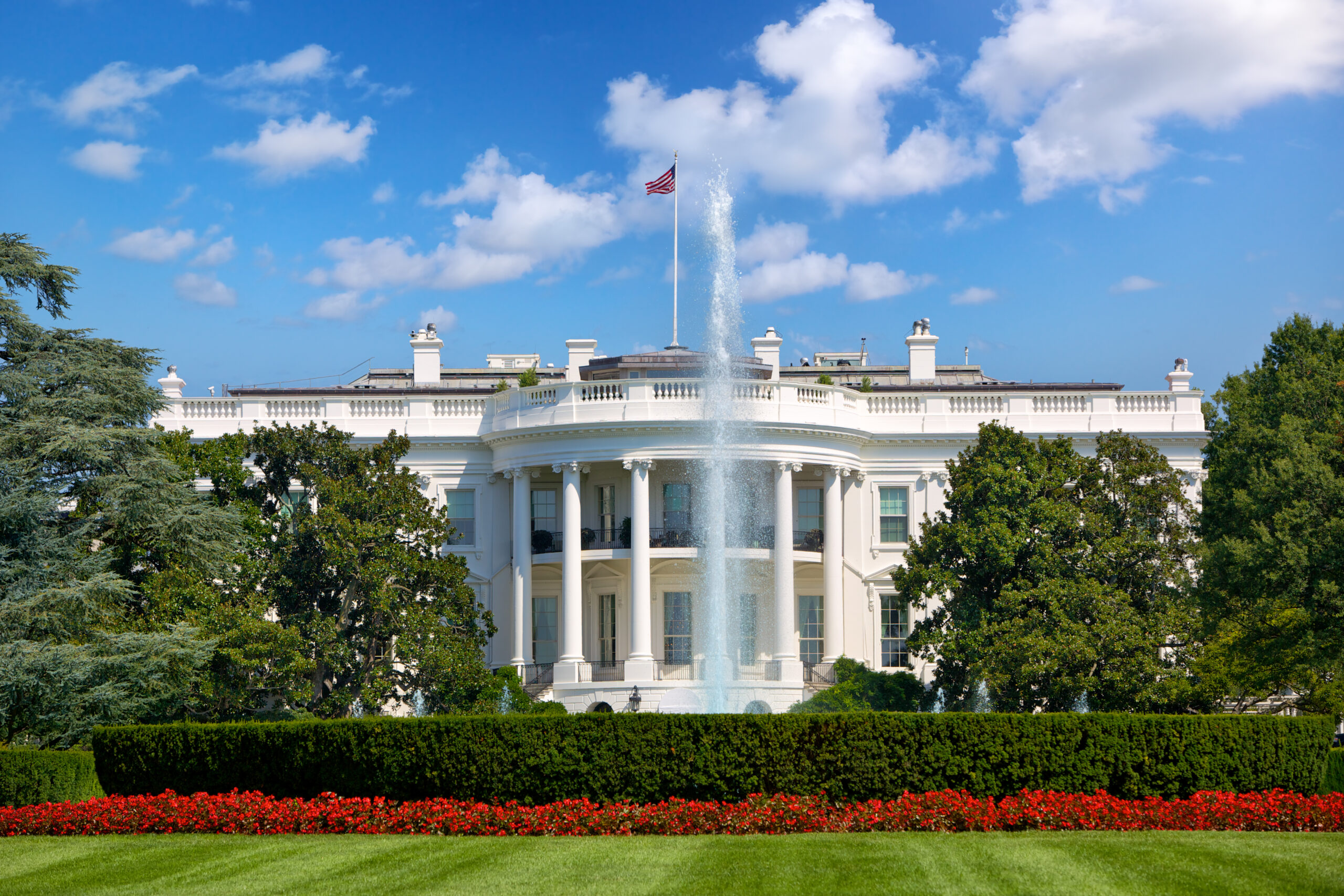The following article was sourced from hrdrive.com and written by Ryan Golden on January 30th, 2023.
Dive Brief:
- The Biden administration published Monday a proposed rule to overturn a Trump-era rule allowing employers to opt out of providing coverage of contraceptives under the Affordable Care Act due to moral objections.
- The existing regs expanded the category of employers eligible to opt out of contraceptive coverage to include effectively any employer with a religious or moral objection. The Biden administration said its proposal seeks “to further the government’s interest in promoting coverage for contraceptive services for all women, and in eliminating barriers to access, while respecting the religious objections of employers, health insurance issuers, and institutions of higher education to coverage of contraceptive services.”
- In addition to eliminating the moral exemption, the rule also would establish an “individual contraceptive arrangement” under which people enrolled in health plans or coverage sponsored, arranged or provided by entities objecting to contraceptive services could obtain those services at no cost and “without any involvement on the part of an objecting entity.” Stakeholders will be permitted to make public comments on the rule for a period ending 60 days after it is published on the Federal Register.
Dive Insight:
Monday’s proposal is the latest of President Joe Biden’s efforts to expand access to reproductive healthcare, a particular focus for the White House in the aftermath of the Supreme Court’s decision in Dobbs v. Jackson Women’s Health Organization. Last August, months after the Dobbs ruling, the president issued an executive order directing the U.S. Department of Health and Human Services to address reproductive health services such as contraception.
Under Biden, federal agencies have previously issued guidance requiring that nonexempt employers provide access to female-controlled, FDA-approved contraceptive methods. A joint 2022 Q&A document published by HHS and the U.S. Departments of Labor and the Treasury clarified the requirements in part as a response “to reports that individuals continue to experience difficulty accessing contraceptive coverage without cost sharing.”
The Trump administration first issued its interim final rules expanding exemption eligibility for the contraceptive mandate in 2017, but the regs were tied up in federal courts. Judges would later enjoin the rules until the Supreme Court intervened in 2020, holding 7-2 that the Trump administration acted within its constitutional authority when it issued the interim final rules.
In Monday’s proposal, the Biden administration said “there have not been a large number of entities that have expressed a desire for an exemption based on a non-religious moral objection” under the most recent regs. It also argued that the HHS, DOL and the Treasury “are under no legal obligation to provide such an exemption” and that the Religious Freedom Restoration Act “would never apply to require such an exemption.”


